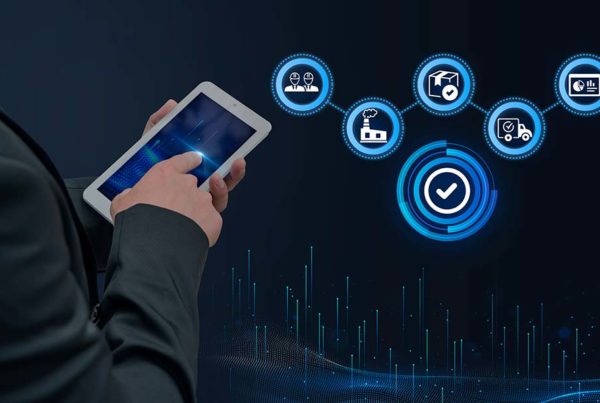
Enterprise Resource Planning (ERP) systems have become an integral part of modern business operations. These comprehensive software solutions offer a plethora of features designed to streamline and optimize various aspects of an organization’s processes. In this article, we will delve into the key features of ERP systems, highlighting their significance in enhancing efficiency, decision-making, and competitiveness.
1. Integration
One of the fundamental features of ERP systems is their ability to integrate various business functions and processes into a unified platform. This integration spans departments like finance, human resources, inventory management, sales, and more. By consolidating data and processes, ERP systems enable real-time data sharing and a holistic view of an organization’s operations.
2. Centralized Database
ERP systems house a centralized database where all relevant data is stored. This centralized repository ensures data consistency, accuracy, and security. Users can access information from a single source, reducing the risk of data duplication or inconsistency that often plagues organizations with disparate software systems.
3. Automated Workflows
ERP systems automate routine and repetitive tasks, such as data entry, approvals, and report generation. This automation not only saves time but also minimizes errors, leading to increased operational efficiency. For example, an ERP system can automatically generate purchase orders when inventory levels reach a predefined threshold.
4. Analytics and Reporting
The reporting and analytics capabilities of ERP systems are invaluable for decision-makers. These systems provide real-time insights through customizable dashboards and reports, allowing users to track key performance indicators (KPIs), analyze trends, and make data-driven decisions.
5. Supply Chain Management
ERP systems excel in managing the supply chain. They can optimize inventory levels, monitor supplier performance, and provide visibility into the entire procurement process. This feature ensures that materials are available when needed, reducing production delays and costs.
6. Financial Management
Finance departments benefit greatly from ERP systems. These systems enable accurate financial reporting, budgeting, and forecasting. They also support functions like accounts payable, accounts receivable, and general ledger management. Auditing and compliance become more straightforward as well.
7. Human Resource Management
ERP systems offer comprehensive human resource management features, including employee records, payroll processing, time and attendance tracking, and performance management. These tools help organizations manage their workforce efficiently and comply with labor regulations.
8. Customer Relationship Management (CRM)
Many ERP systems include CRM modules, which help businesses manage customer interactions and sales processes. These modules track customer information, interactions, and sales opportunities, ultimately enhancing customer satisfaction and loyalty.
9. Quality Control and Compliance
ERP systems assist organizations in maintaining quality control standards and ensuring compliance with industry-specific regulations. They can track product quality, monitor production processes, and generate compliance reports to meet the requirements of regulatory bodies.
10. Scalability
ERP systems are designed to accommodate an organization’s growth. They can be scaled up or down to meet changing business needs, making them suitable for both small businesses and large enterprises.
11. Mobile Accessibility
Modern ERP systems often offer mobile accessibility, allowing users to access critical data and perform tasks remotely. This feature is particularly valuable for businesses with remote or field-based employees.
12. Security
Security is a top priority for ERP systems. They employ robust security measures to protect sensitive data and ensure compliance with data privacy regulations. Access controls, encryption, and regular security updates are standard features.
13. User-Friendly Interface
ERP systems are designed with user-friendly interfaces to enhance usability and adoption. Training employees becomes more straightforward when the software is intuitive and easy to navigate.
14. Customization
While ERP systems come with a range of standard features, they are also highly customizable to meet an organization’s unique requirements. This flexibility ensures that the software aligns with specific business processes and goals.
15. Cloud-Based Options
Many ERP vendors offer cloud-based solutions, which eliminate the need for on-premises hardware and reduce IT infrastructure costs. Cloud-based ERP systems also provide greater flexibility for remote work and scalability.
In conclusion, ERP systems are powerful tools that offer a wide array of features to support efficient business operations. Their ability to integrate data and processes, automate workflows, provide real-time insights, and enhance decision-making makes them indispensable for modern organizations seeking to improve their competitiveness and agility in a rapidly changing business landscape. Whether you are a small startup or a global corporation, Jaarvis has ERP system can be a game-changer in achieving operational excellence and driving growth.



